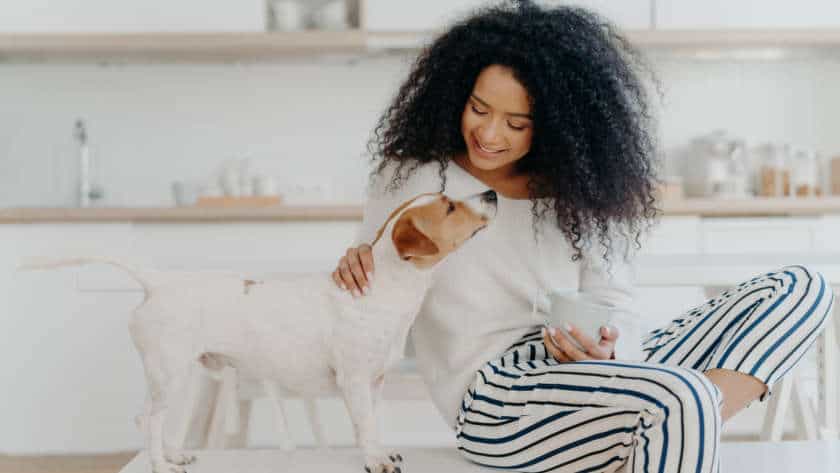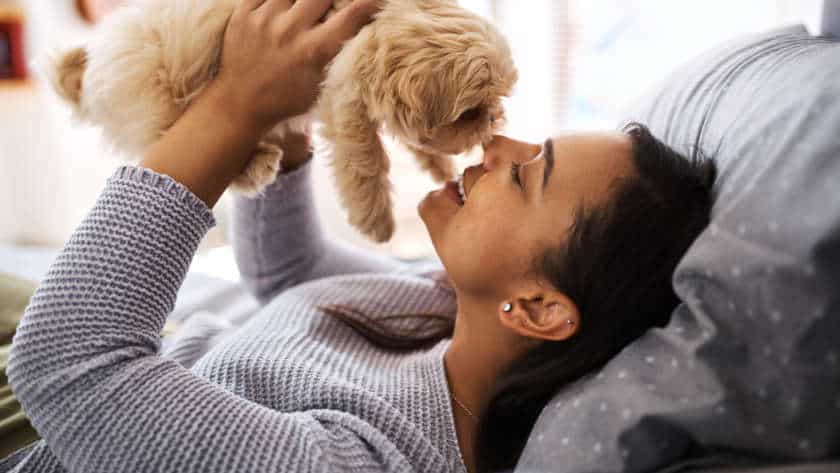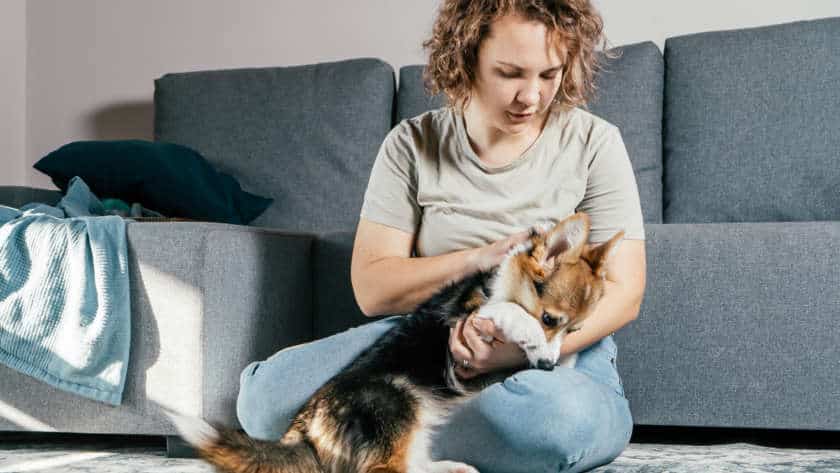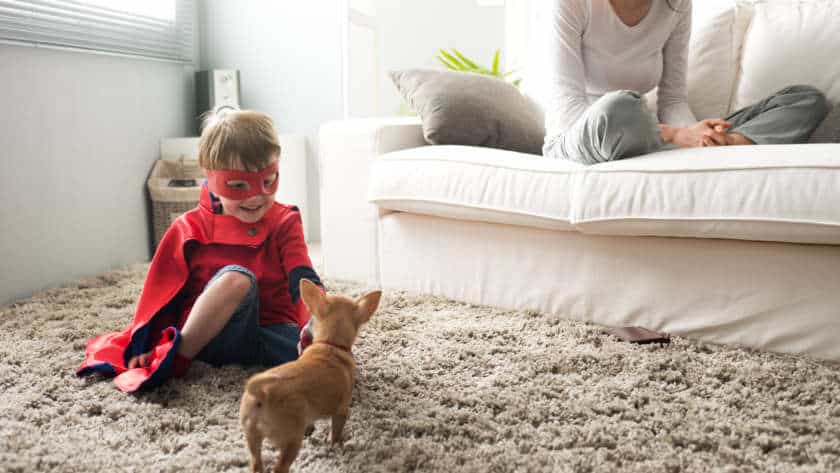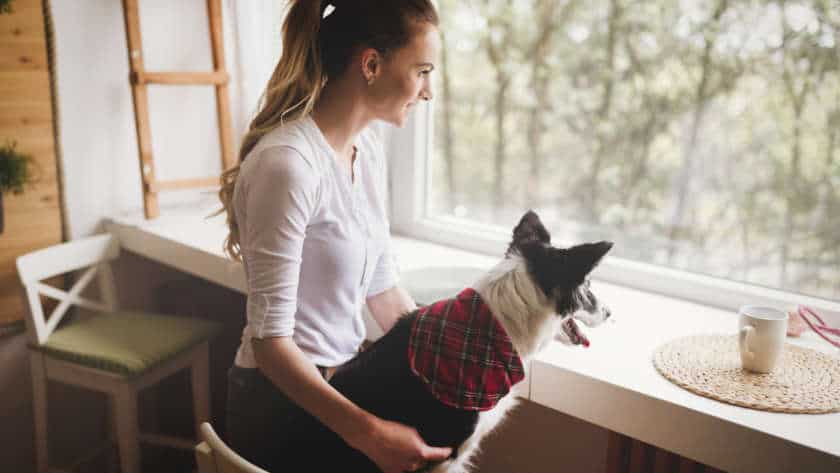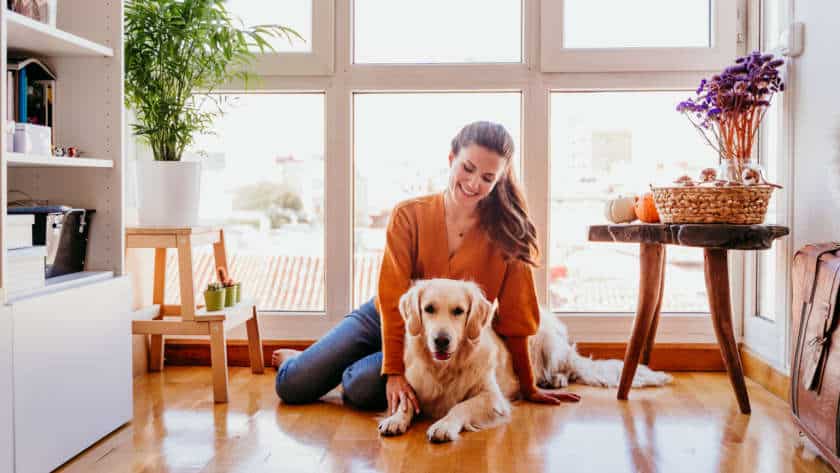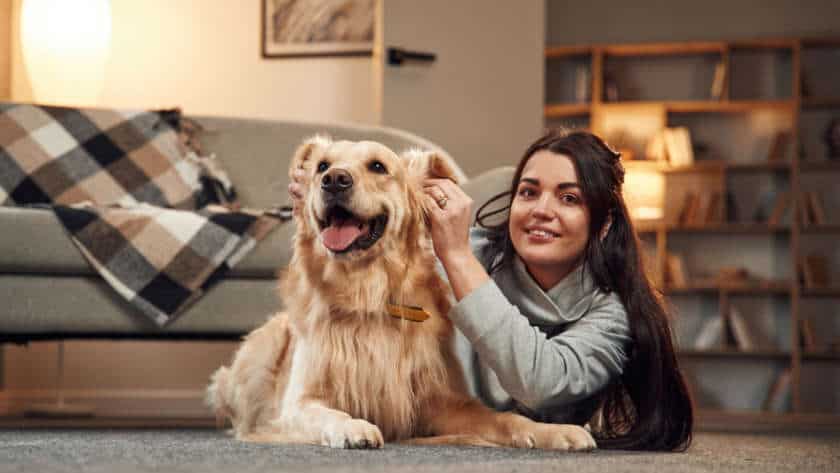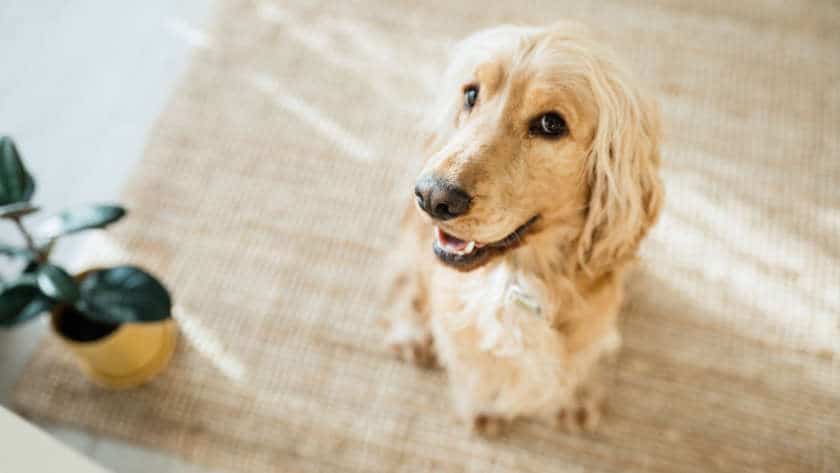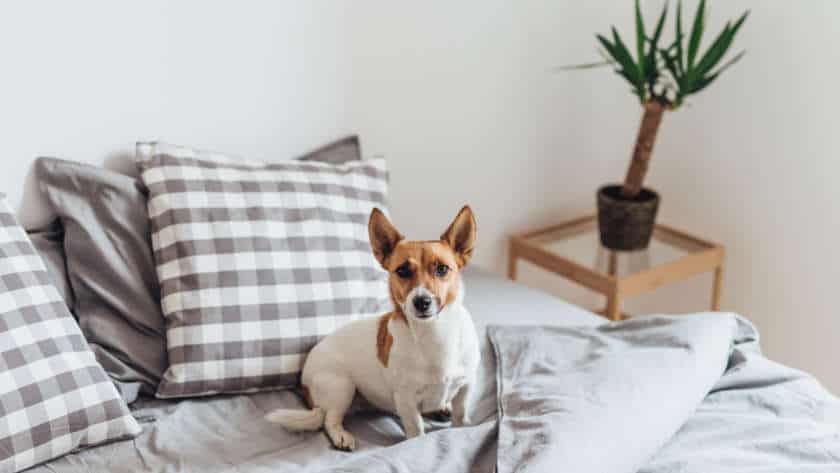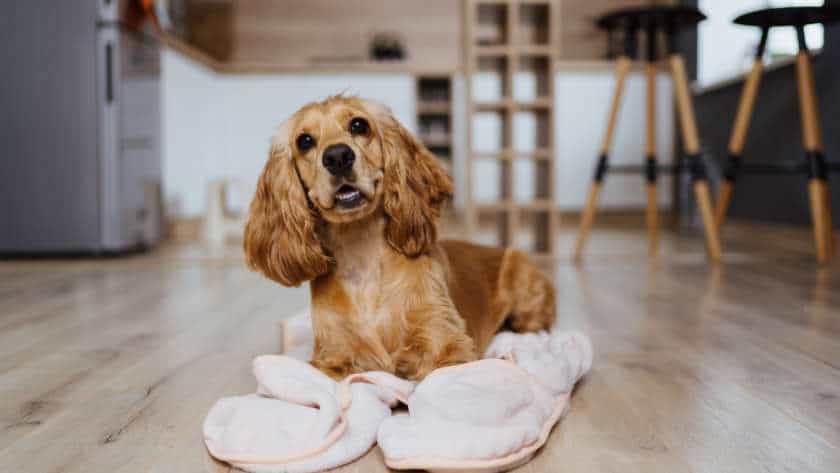Tailoring Your House Training Approach to Your Dog's Unique Needs Training a pup can be tricky. Each dog has different needs and styles of learning. To make the process more successful, customize your approach to your pup's features. Consider breed, age, size, and personality. Pups need frequent potty breaks since they have shorter attention spans.…
